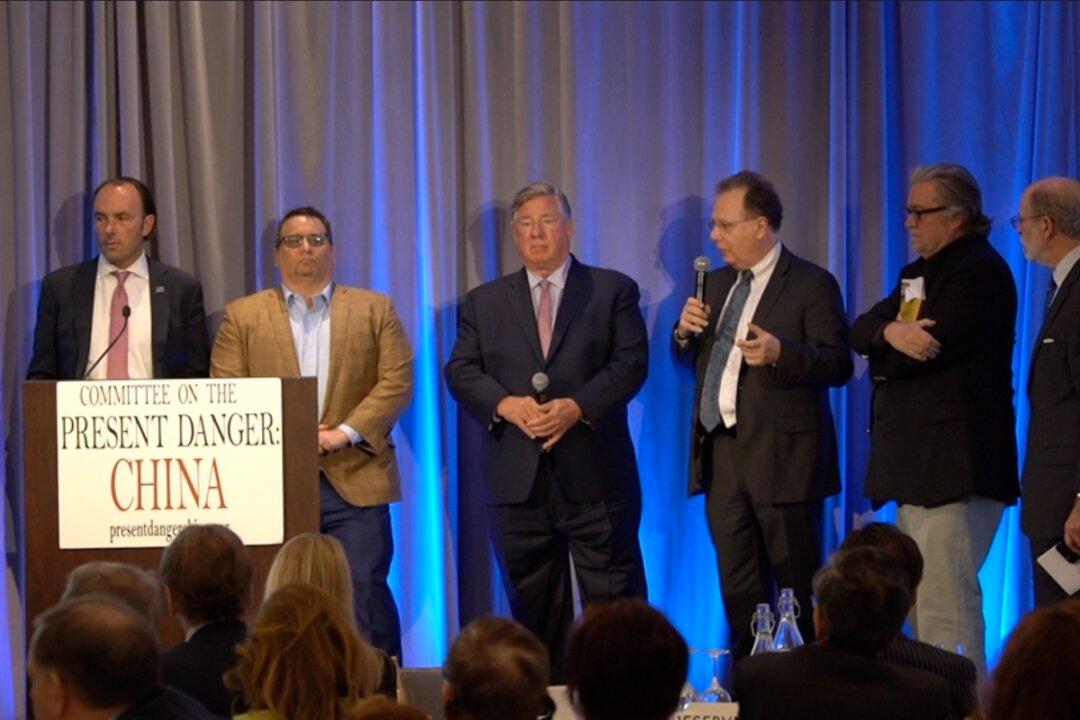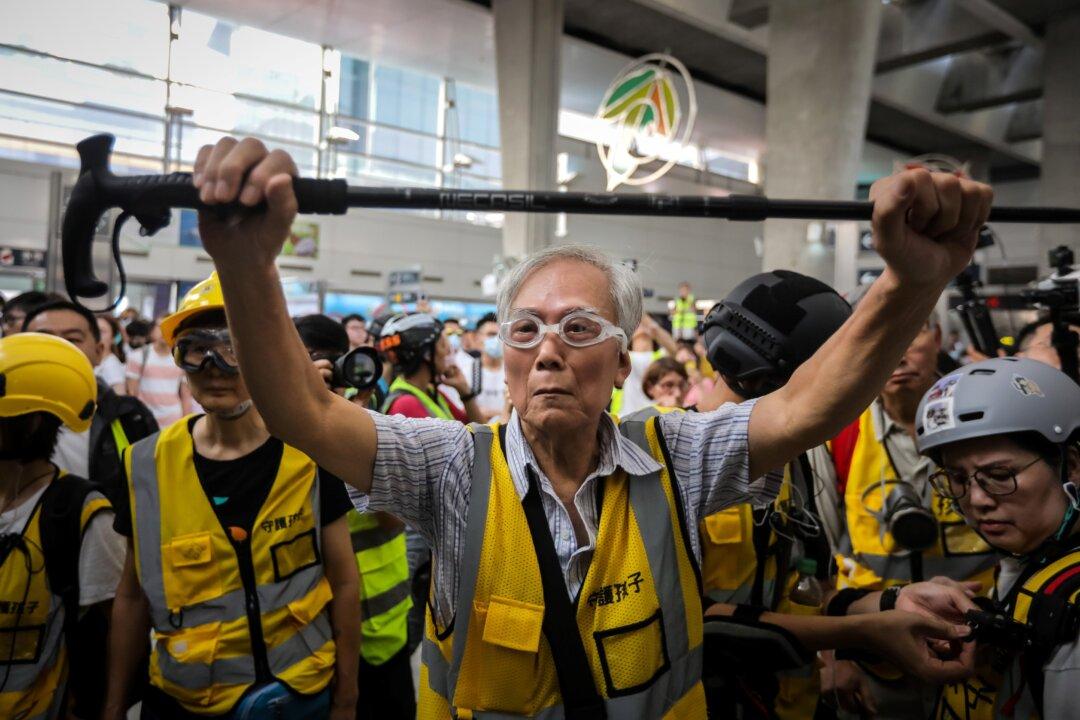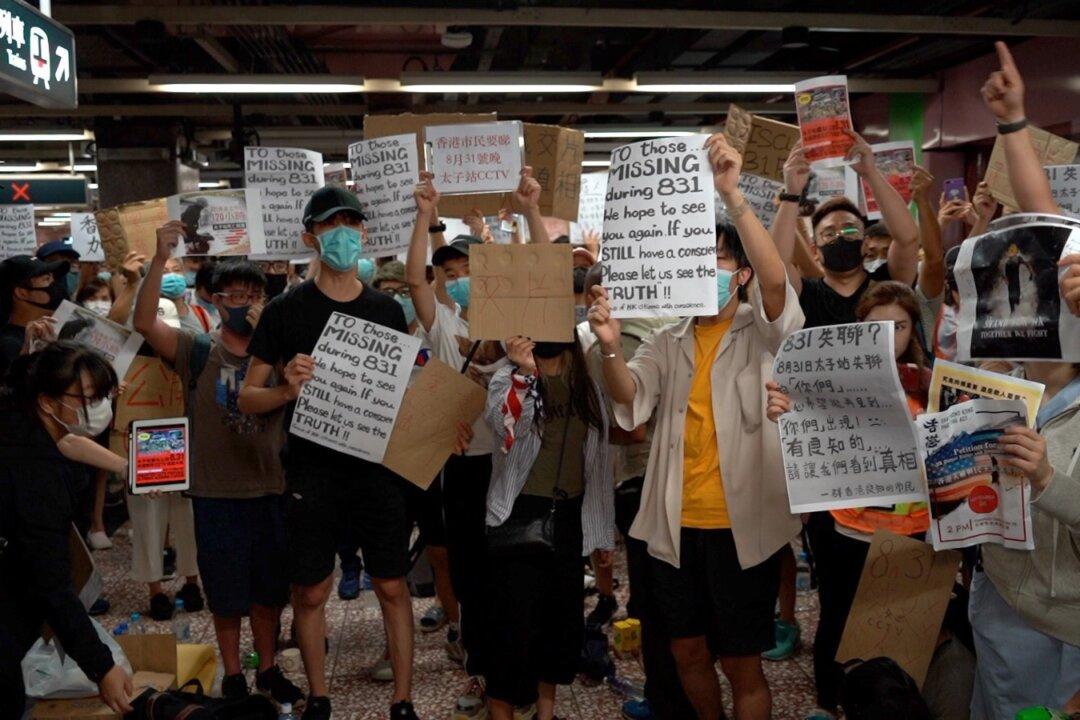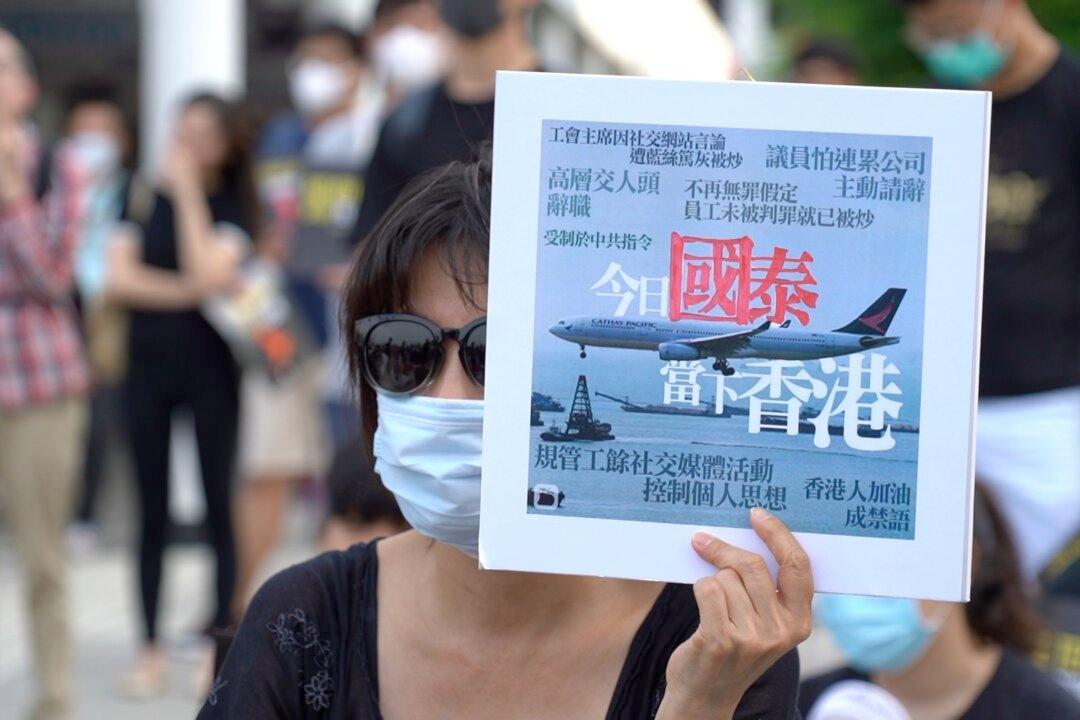NEW YORK—A committee of China experts held a conference in New York on April 25, calling for a tougher response from the United States in reaction to the Chinese communist regime’s predatory practices in economic and finance fields.
The Committee on the Present Danger: China (CPDC) was launched in Washington on March 25 by national security practitioners, business leaders, experts on China, and religious freedom and human rights activists.





